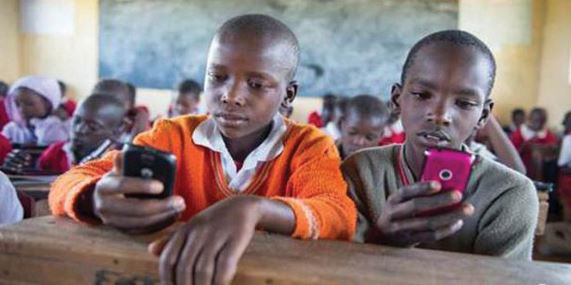
More Than Just Books
A 2013 article from Pew Research Center examined the role and importance of community libraries. In its article, it outlines not only the traditional role of Libraries to lend out both fiction and non-fiction books, but it also describes a dynamic hub for individual communities. Today’s libraries provide free access to the internet which enable community members to access governments services, research information related to health care and apply virtually for jobs. (Pew, 2013). More than just books, libraries are community informational hubs that provide internet access to some of a community’s most disenfranchised members. Nancy Kranich in her edited collection of writings Libraries and Democracy: The Cornerstones of Liberty, echoes a quote from Franklin D. Roosevelt who describes libraries as; “…essential to the functioning of a democratic society”. (Kranich, 2001) She then goes further to describe how in the information and digital age, that libraries not only provide the society with access to truthful knowledge, it also bridges the gap between the information rich and the information poor of society. (Kranich, 2001)
Peter Lor updates Kranich’s views with an updated look at how libraries and librarians play an important role in providing a skill set of research, collection and analyzation of material to combat lies and misinformation in an era of what he describes as “post-truth discourse”. (Lor, 2018). In each of these examples, the Library of the 21st Century is more than just the loaner of books, it is a true cornerstone of communities and an essential part of democratic discourse.
Libraries in Developing Countries
If Libraries are as important to developed nations as Kranich and Lor suggest, then the potential for positive impact on developing nations is almost guaranteed. The access to information gap between develop and underdeveloped countries can be reduced with greater access to public libraries and the connections that they can provide to the internet. Sharma notes that Africa, which hold one-eighth of the world’s population can be “…considered as the information-poorest continent when it comes to connectivity.” (Sharma, 2009) Some of that access to knowledge deficit can be made up with greater access to Libraries in the under-developed world.

Mobile Devices Can Help
A recent UNESCO report entitled Reading in the Mobile Era, notes that even if few people in developing nations have access to hard copy text material, the preferred way of accessing information is now becoming text via mobile phone devices. The UNESCO study goes on to say that;

- large numbers of people (one third of study participants) read stories to children from mobile phones;
- females read far more on mobile devices than males (almost six times as much according to the study);
- both men and women read more cumulatively when they start reading on a mobile device;
- many neo- and semi-literate people use their mobile phones to search for text that is appropriate to their reading ability.
In areas that lack the resources for locally funded libraries, the democratization of the information age may in fact lie in the hands of easier access to internet capable mobile phones and the creation of local libraries.
Works Cited and Bibliography
Kranich, Nancy. Libraries and Democracy. American Library Association, 2001.
Lor, Peter Johan. “Democracy, information, and libraries in a time of post-truth discourse.” Library Management (2018).
Pew Research Center, Library Services in the Digital Age, https://www.pewresearch.org/internet/2013/01/22/library-services/ , Jan. 22, 2013
Sharma, Ravindra N. “Technology and academic libraries in developing nations.” International Conference on Academic Libraries (ICAL). 2009.
UNESCO, Reading in the Mobile Era, https://en.unesco.org/news/reading-mobile-era-0 ,April, 2014
UNESCO, UNESCO Study Shows Effectiveness of Mobile Phones in Promoting Reading and Literacy in Developing Countries, https://en.unesco.org/news/unesco-study-shows-effectiveness-mobile-phones-promoting-reading-and-literacy-developing-0 , April, 2014
I was excited in reading your post beacuse I also came across the UNESCO report and that exact interview! I also had come across a statistic that said Ghana is one of the highest mobile devicer users in the world! Seeing that they use their phones to read stories, translate, find information…I’m not shocked by this.
I also really like your point about,
“The access to information gap between develop and underdeveloped countries can be reduced with greater access to public libraries and the connections that they can provide to the internet.” It’s absolutely true that the gap is in part due to lack of education, and misinformation. Much knowledge is kept within our developed nations and its a hard cycle to break out of if you don’t have anything to pull yourself out with.
I enjoyed reading this! Thank you!
This is a well-researched post. I appreciate your statement that “the Library of the 21st Century is more than just the loaner of books, it is a true cornerstone of communities and an essential part of democratic discourse.” This is true at home as well as globally.